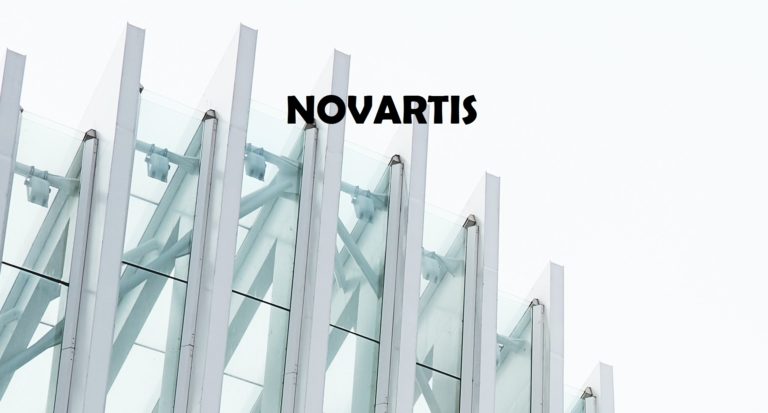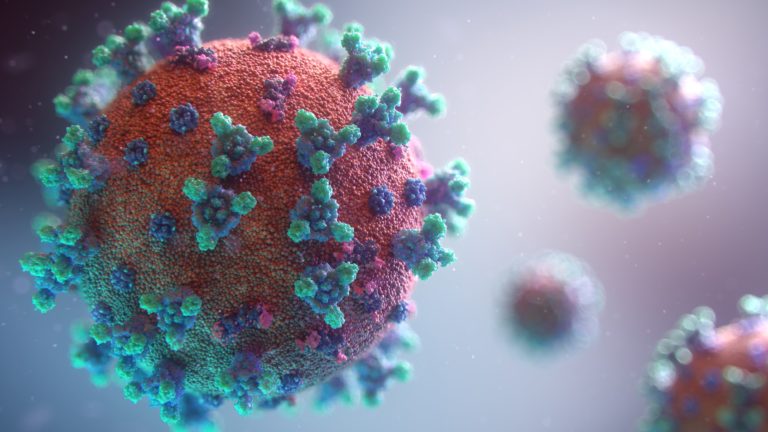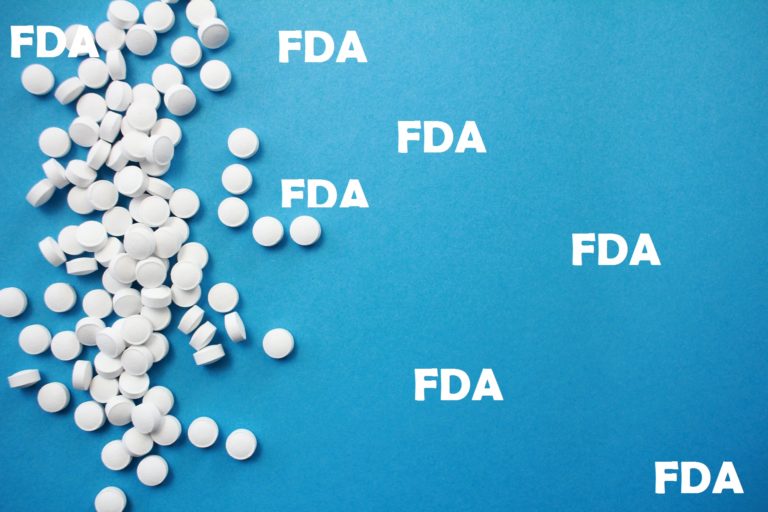JULY 02, 2020: “EUSA Pharma, a global biopharmaceutical company focused on oncology and rare disease announced that the U.S. FDA has approved a randomized, double-blind, placebo-controlled Phase 3 clinical trial protocol to evaluate the safety and efficacy of intravenous siltuximab plus standard of care in hospitalized patients with COVID-19 associated Acute Respiratory Distress Syndrome (ARDS).
Siltuximab is a monoclonal antibody that directly neutralizes interleukin (IL)-6, an inflammatory cytokine detected at elevated levels in multiple inflammatory conditions, including COVID-19.
It specifically binds to IL-6, thereby inactivating IL-6 induced signalling.
Lee Morley, Chief Executive Officer, EUSA Pharma, said: “Since the start of the pandemic, a growing body of evidence has been published highlighting that COVID-19 associated ARDS may exhibit features of systemic hyperinflammation, resulting from excessive cytokine production – the so-called ‘cytokine storm’ – with IL-6 recognized as a key driver of this severe condition.
Treatment approaches neutralizing IL-6 could therefore play a key role in mitigating further detrimental inflammation and progression to respiratory failure, which can be fatal.
Coronavirus treatment: List of Vaccines and drugs in the pipeline for COVID-19
Coronavirus treatment: Vaccines and drugs in the pipeline for COVID-19
We thank the FDA for recognizing the importance of this clinical trial and the quick approval we received. Our plan now is to initiate the study as quickly as possible with the hope of seeing improved clinical outcomes in these critically ill patients.”
To date, several independent clinical trials have begun globally to explore the safety and efficacy of siltuximab for the treatment of severe COVID-19 patients.
Final results from the Papa Giovanni XXIII Hospital sponsored SISCO (Siltuximab In Serious COVID-19) Study, an observational cohort control trial investigating siltuximab plus standard of care in COVID-19 patients with serious respiratory complications, are available via pre-print summary.
However, the newly approved confirmatory clinical trial is vital because these findings require validation in a well-controlled randomized study and there is limited published data on the safety and efficacy of siltuximab in COVID-19.
Siltuximab is also not yet FDA-approved for complications associated with COVID-19.
The New Clinical Trial
EUSA Pharma has received FDA approval to proceed with a randomized, double-blind, placebo-controlled Phase 3 clinical trial to evaluate the safety and efficacy of intravenous siltuximab plus standard of care in hospitalized patients with COVID-19 associated ARDS, compared to placebo plus standard of care.
The multicentre trial will aim to enrol approximately 400 patients with viral ARDS and elevated serum levels of IL-6.
The primary objective is to evaluate all-cause mortality at 28 days with the addition of siltuximab to standard of care, compared to placebo plus standard of care. Secondary objectives include: time to 7-category ordinal scale of clinical status improvement, ventilator-free days within 28 days, organ failure-free days, intensive care unit length of stay, hospital length of stay, lung function and radiographic improvement.
SYLVANT® (siltuximab)
SYLVANT is an IL-6 targeted monoclonal antibody approved by the FDA and the European Medicines Agency (EMA) as well as regulatory bodies in a number of other jurisdictions worldwide, for the treatment of patients with multicentric Castleman disease (MCD) who are human immunodeficiency virus (HIV) negative and human herpesvirus-8 (HHV-8) negative (also known as idiopathic MCD).
EUSA Pharma has exclusive rights to SYLVANT globally. EUSA Pharma has granted BeiGene, Ltd., exclusive development and commercialization rights to SYLVANT in Greater China.
SYLVANT is not licensed for the treatment of COVID-19.
Indications and Usage of SYLVANT – See Full Prescribing Information for Additional Details.
SYLVANT is indicated for the treatment of patients with MCD who are HIV negative and HHV-8 negative.
Limitations of Use: SYLVANT was not studied in patients with MCD who are HIV positive or HHV-8 positive because SYLVANT did not bind to virally produced IL-6 in a nonclinical study.
Contraindications: Severe hypersensitivity reaction to siltuximab or any of the excipients in SYLVANT.
Dosage and Administration
Administer SYLVANT 11 mg/kg over 1 hour as an intravenous infusion every 3 weeks until failure.
Perform hematology laboratory tests prior to each dose of SYLVANT therapy for the first 12 months and every 3 dosing cycles thereafter.
If treatment criteria outlined in the Prescribing Information are not met, consider delaying treatment with SYLVANT. Do not reduce dose.
Do not administer SYLVANT to patients with severe infections until the infection resolves.
Discontinue SYLVANT in patients with severe infusion related reactions, anaphylaxis, severe allergic reactions, or cytokine release syndromes. Do not reinstitute treatment.”
https://www.eusapharma.com/news/eusa-pharma-announces-fda-approval-of-phase-3-clinical-trial-for-siltuximab-in-hospitalized-patients-with-covid-19-associated-acute-respiratory-distress-syndrome/










